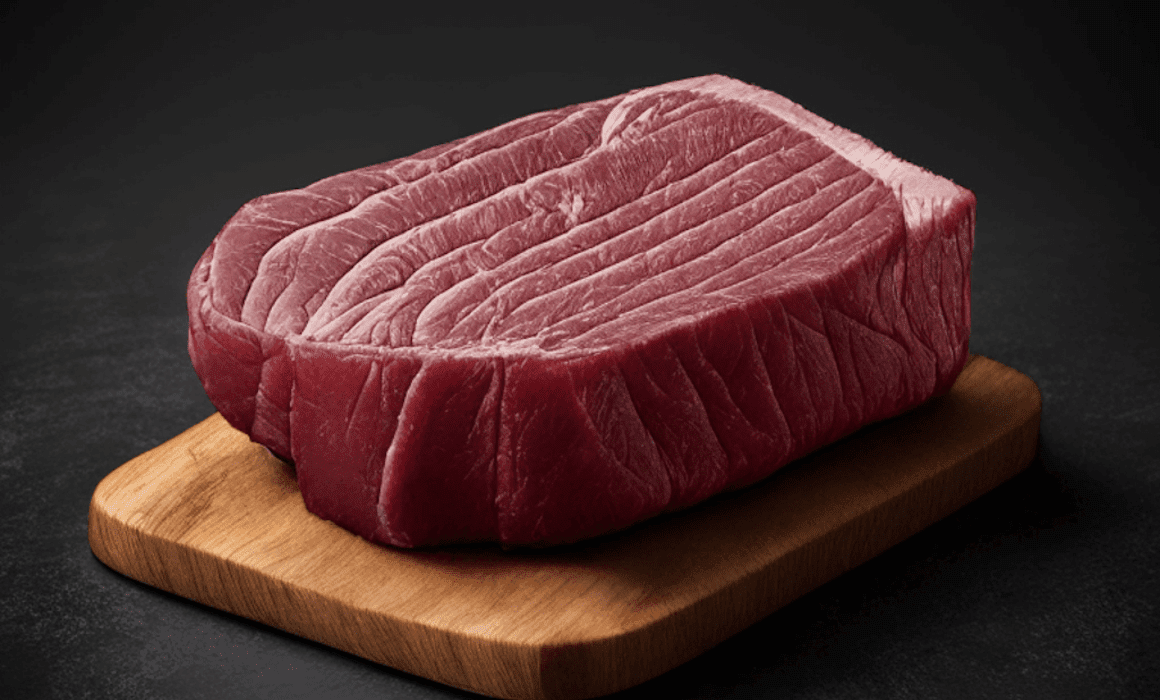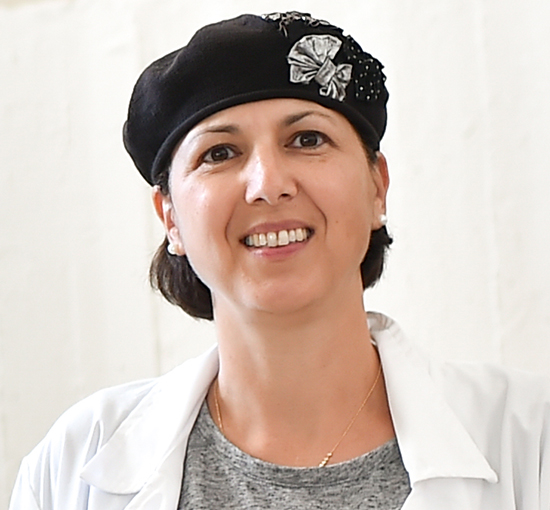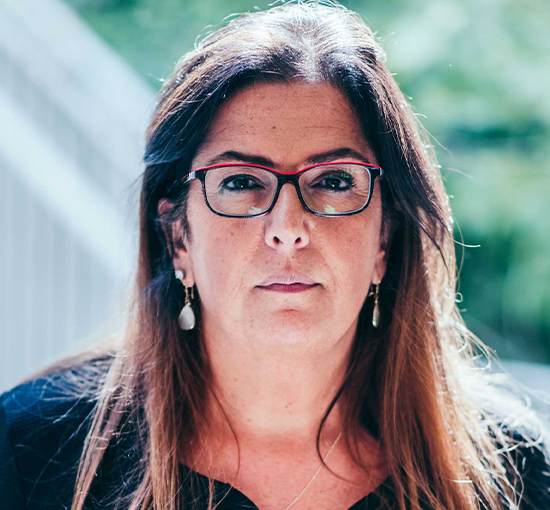Nourishing Food Tech Research

Imagine juicy burgers sizzling on the grill, made from beef cells without environmental impact or harm to animals. Or cookies that release nutritious protein as they rise in the oven. Teaming up with the nonprofit think tank the Good Food Institute in Israel, the Technion is establishing the Sustainable Protein Research Center (SPRC) to conduct research to develop and help commercialize forward-looking food technologies like these. Professor Yoav Livney, who helped Technion students create the prizewinning “Algalafel,” a falafel enriched with the microalgae spirulina, is leading the endeavor.
At a time when the world is battling the dual challenges of feeding a rapidly growing population while addressing climate change, the SPRC’s work is needed more than ever. Current food systems cause more than a third of global greenhouse gas emissions. At the same time, food insecurity is a worsening problem. An estimated 1.3 billion people worldwide were expected to go hungry in 2022, according to the U.S. Department of Agriculture — an increase of 10% over the prior year.
The first of its kind in the world, the new center hopes to become a hub for sustainable food technologies in Israel, and the go-to institute for training the next generation of industry researchers and startup innovators. Borrowing the best minds from the Technion’s 18 academic faculties, the multidisciplinary SPRC intends to create protein substitutes for meat, fish, eggs, milk, and other products, while also advancing technologies in plant-based, fermentation-based, and cell culture-based solutions.
The SPRC’s five-year budget of $20 million will help put these innovative projects on the front burner, recruit new faculty, and support the construction of a new building for the Carasso FoodTech Innovation Center, where a large part of the SPRC’s research will take place. This new building, located next to the Faculty of Biotechnology and Food Engineering, will feature a semi-industrial R&D production facility, labs for cultivated meat and fermentation technologies, and an educational R&D kitchen.
Given the need to quickly amplify well-grounded solutions, the SPRC will tackle two big challenges faced by the food tech community: a lack of basic research that slows progress and inadequate traction for industry startups. Doing so could help pave the way for startups to follow in the footsteps of Technion-connected Aleph Farms. The cultivated meat startup based on the research of Technion Professor Shulamit Levenberg is on the fast track to bring its product to market. Pending regulatory approval, the company plans to launch the world’s first halal-certified facility to produce its engineered thin-cut steak in Singapore, while also targeting a commercial rollout in Israel.
Other Technion-born food technologies are helping Israel become a global leader in the field. Professor Marcelle Machluf, an expert in tissue engineering and nanotechnology, recently launched Meatafora, which has already produced ground beef and sausages by growing animal cells on edible, plant-based scaffolds. And Technion students are continually recognized in international food tech competitions. Most recently, student teams took home the gold and silver medals in an international competition to develop healthy junk food. The prizewinners were a freeze-dried, tofu-based omelet, and a protein snack made from chickpeas, lentils, and cashews.
Given the high stakes involved, the appetizing work comes not a minute too soon.
More About
More Protecting Our Planet stories

GreenOnyx Makes Eating Greens a No-Brainer




